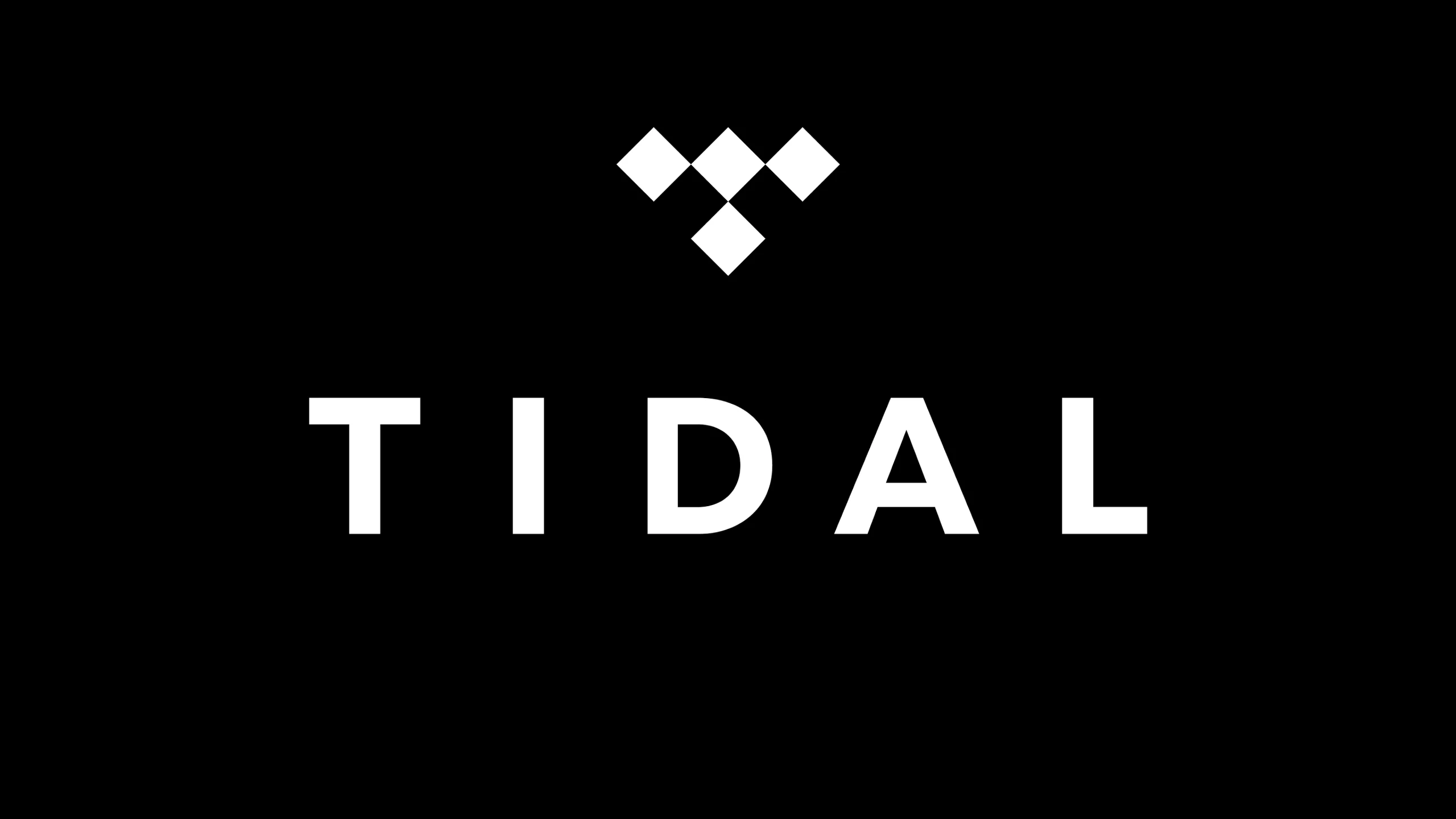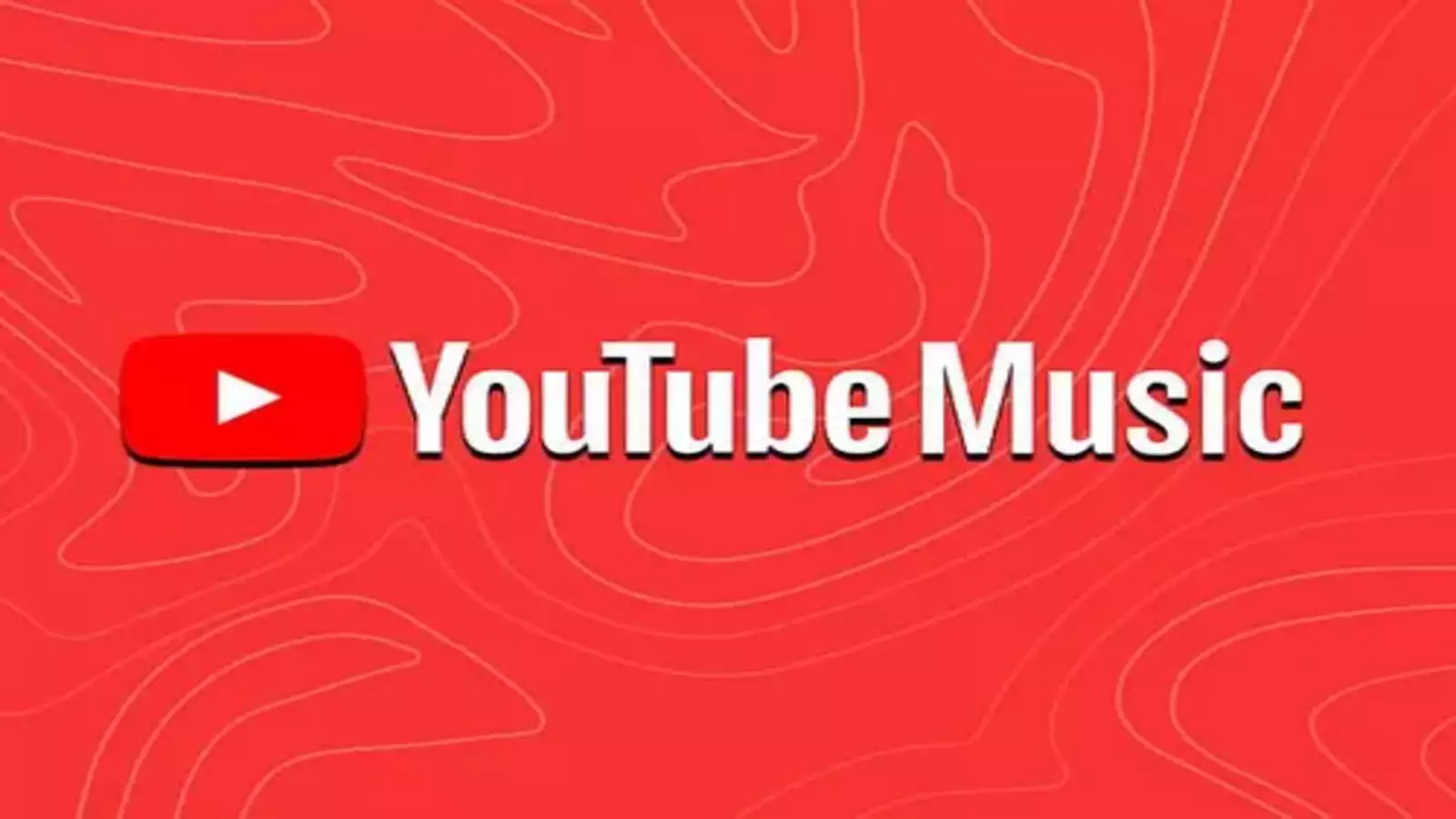Spotify has long dominated the music streaming industry with its vast catalog, personalized playlists, and seamless user experience. However, the digital music terrain is evolving, and several emerging platforms are poised to challenge Spotify’s supremacy. With changing consumer preferences, advancements in audio technology, and increasing competition, new players are entering the market with unique features that could redefine how people consume music.
Let’s explore four promising platforms that could become the next major competitor to Spotify. Each contender brings something innovative to the table, whether it’s better artist compensation, high-fidelity audio, or deeper music discovery. Let’s take a closer look at the streaming services that have the potential to reshape the industry in the coming years.
1. Apple Music: The Closest Competitor
Apple Music is already one of Spotify’s biggest rivals, and its continuous improvements make it a strong contender for the top spot. Unlike Spotify, Apple Music offers lossless and high-resolution audio at no additional cost, catering to audiophiles who demand superior sound quality. Additionally, Apple’s integration with its ecosystem—such as seamless compatibility with iPhones, iPads, and Macs—creates a user-friendly experience that keeps listeners engaged.
Another significant advantage Apple Music holds is its exclusive content. With artist-driven radio stations, early album releases, and unique editorial playlists, Apple Music differentiates itself from Spotify. Moreover, Apple has been investing heavily in spatial audio and Dolby Atmos support, further enhancing its appeal to those seeking an immersive listening experience. If Apple continues to refine its platform and expand its global reach, it could close the gap with Spotify even further.
2. Tidal: The Audiophile’s Choice
Tidal has been a niche player in the streaming industry, but its focus on high-fidelity sound quality and fair artist compensation makes it a potential disruptor. Owned partly by artists like Jay-Z, Tidal offers HiFi and Master Quality Authenticated (MQA) audio, catering to music enthusiasts who prioritize sound clarity over mainstream convenience.
One of Tidal’s biggest selling points is its artist-friendly revenue model. Unlike Spotify’s pro-rata payment system, Tidal offers a user-centric model where artists receive royalties based on individual listener activity. This transparency and fairer payout structure could attract more independent musicians and fans looking to support their favorite artists directly.
While Tidal has yet to match Spotify’s user base, its unique approach to quality and artist support makes it a serious competitor in the premium streaming market.

3. YouTube Music: The Power of Video Integration
YouTube Music is another strong contender due to its integration with the world’s largest video-sharing platform. With millions of music videos, live performances, and user-generated content, YouTube Music provides a comprehensive and diverse listening experience beyond traditional streaming.
One of the service’s biggest advantages is its algorithm-driven music discovery. YouTube’s recommendation engine, powered by Google’s AI, offers highly personalized playlists and radio stations tailored to individual tastes. Additionally, its seamless transition between audio and video formats gives users a unique way to engage with music.
Although YouTube Music still trails behind Spotify in subscriber numbers, its association with YouTube’s vast ecosystem and powerful discovery tools make it a formidable competitor in the long run. If Google continues to refine the platform’s user experience and expand its premium offerings, YouTube Music could significantly challenge Spotify’s dominance.

4. Amazon Music Unlimited: The Smart Speaker Advantage
Amazon Music Unlimited is steadily growing, thanks to its deep integration with Alexa-enabled smart speakers. As voice assistants become more common in households, Amazon’s ability to offer seamless hands-free control provides an edge over competitors. Users can effortlessly request songs, and playlists, and even discover new music using voice commands, making it a convenient option for casual listeners.
Beyond smart speakers, Amazon Music Unlimited offers an extensive library with various pricing tiers, including a high-resolution music plan for audiophiles. Its integration with Amazon Prime also provides an attractive value proposition for millions of existing Prime subscribers, making it easier for users to adopt the service.
With Amazon’s massive reach and continuous improvements in AI-driven recommendations, its music service is well-positioned to rival Spotify, especially in smart home environments and bundled subscription packages.


